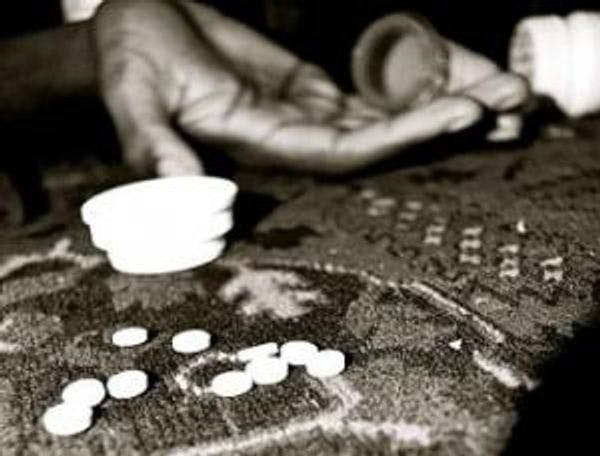La loi du Bon Samaritain dans les cas d’overdose aux USA: Leçons de l’Etat de Washington
Les lois du Bon Samaritain relatives aux overdoses de drogues donnent immunité aux personnes qui font appel à une assistance médicale lors d’une overdose. Pour en savoir plus, en anglais, veuillez lire les informations ci-dessous.
Abonnez-vous à l'Alerte mensuelle de l'IDPC pour recevoir des informations relatives à la politique des drogues.
Drug overdoses persist as a major cause of preventable death. Calling 911 during an overdose can mean the difference between life and death, but witnesses sometimes do not call because they perceive that they may be arrested. Proponents of drug overdose Good Samaritan laws aim to address this concern by providing limited immunity to overdose witnesses and victims. Opponents argue that immunity will provide a “get-out-of-jail-free card” and interfere with the work of police and prosecutors.
Drug overdose Good Samaritan laws are in effect in 10 states and the District of Columbia and are being actively considered by at least a half-dozen state legislatures as of March 2013. In 2010, Washington State became the second state to pass a law incorporating a Good Samaritan provision providing immunity from drug possession charges; immunity applies to a person who seeks medical aid during an overdose (e.g., by calling 911 or taking someone to the ER), and to a person having an overdose.
Click here to read the full article.
Keep up-to-date with drug policy developments by subscribing to the IDPC Monthly Alert.
